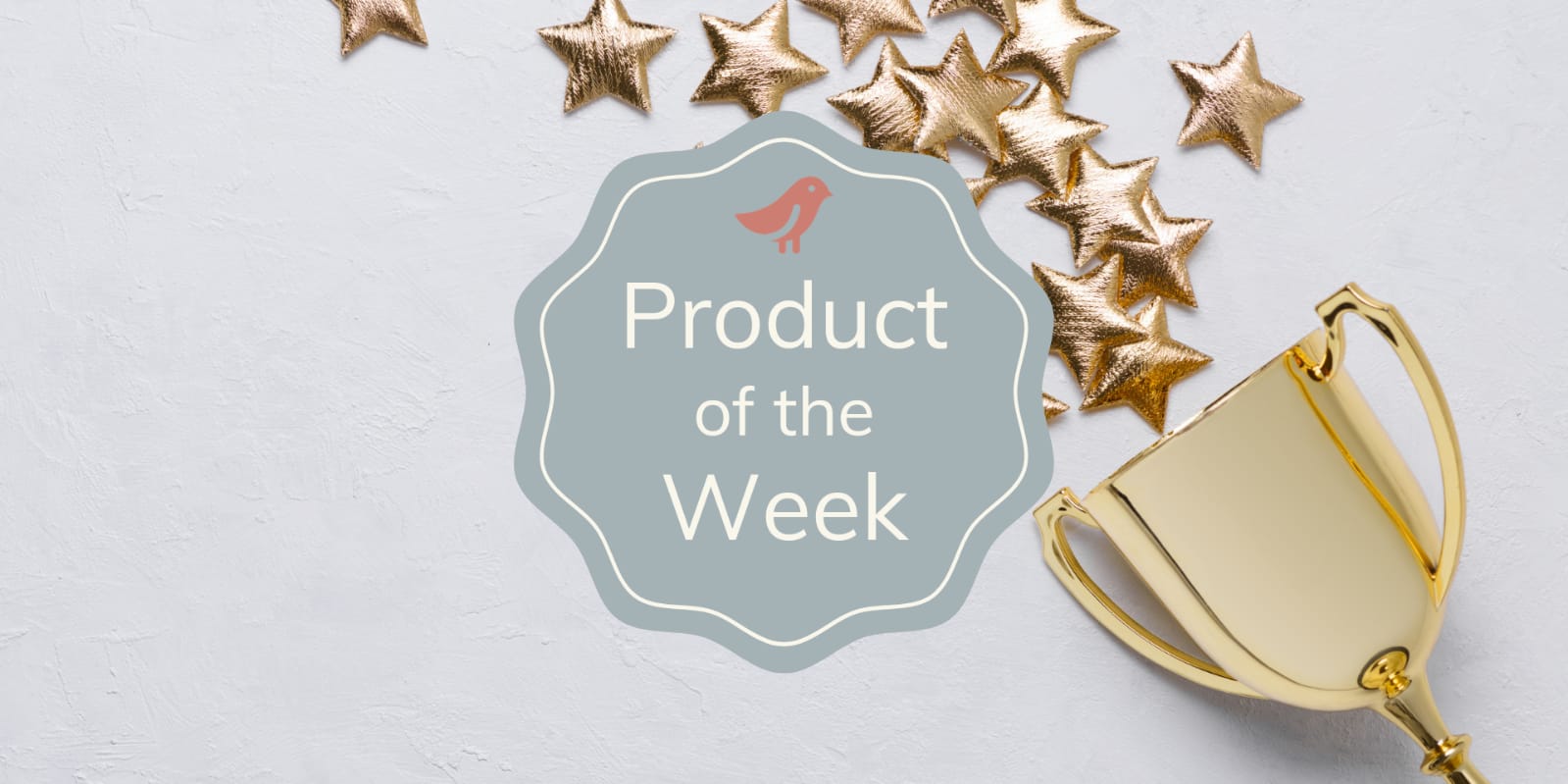Kids are expensive. Managing a family and a home is expensive. And when you’re caught up in the daily grind, saving can easily drop off the agenda.
In Malta, we’re lucky to have free childcare, schools and healthcare, as well as activities families can enjoy for free throughout the year. Still, budgeting the family’s finances can get tricky. Thanks to our island status, things we use daily, including groceries, are expensive when compared to other countries. And let’s not mention utility bills, shall we?
To get you thinking about saving – and to help you as you map out your finances, here’s a practical list of impactful ways to save as a family in Malta.
1. Meal plan
 Groceries and eating out consume the biggest chunk out of our paychecks. We may sound like a broken record, but taking just a few minutes every Sunday to plan your meals for the week has SO many benefits. Not only is it easier to eat more balanced meals this way, but you can save yourself last minute trips to the grocery store, reduce food waste, and greatly minimize stress levels on busy weekdays!
Groceries and eating out consume the biggest chunk out of our paychecks. We may sound like a broken record, but taking just a few minutes every Sunday to plan your meals for the week has SO many benefits. Not only is it easier to eat more balanced meals this way, but you can save yourself last minute trips to the grocery store, reduce food waste, and greatly minimize stress levels on busy weekdays!
2. Budget big expenses
 Car insurance, home insurance, utilities…we used to dread the months when these were due. Nowadays, we split our biggest expenses in 12-month instalments. That way, when the ARMS envelope lands in our letter box (anyone else hate that little green window?) we have money waiting in a Revolut Vault, all set to go, without impacting that month’s spending power.
Car insurance, home insurance, utilities…we used to dread the months when these were due. Nowadays, we split our biggest expenses in 12-month instalments. That way, when the ARMS envelope lands in our letter box (anyone else hate that little green window?) we have money waiting in a Revolut Vault, all set to go, without impacting that month’s spending power.
3. Start a savings plan
 Did you know you can start a savings plan with as little as €40 per month? Having an official savings plan keeps you accountable – it only takes a few less coffees and maybe thinking twice about random items from Lidl to cover your monthly contribution. We spoke with someone in the know, Joanna from Jesmond Mizzi Financial Advisors, who explained that there are various ways to save as a family in Malta through different plans, including ‘with-profits’ or ‘unit-linked’ plans. With-profits investments are guaranteed and have profits added to the investment value annually. For unit-linked plans, you choose where to invest from options offered by the company.
Did you know you can start a savings plan with as little as €40 per month? Having an official savings plan keeps you accountable – it only takes a few less coffees and maybe thinking twice about random items from Lidl to cover your monthly contribution. We spoke with someone in the know, Joanna from Jesmond Mizzi Financial Advisors, who explained that there are various ways to save as a family in Malta through different plans, including ‘with-profits’ or ‘unit-linked’ plans. With-profits investments are guaranteed and have profits added to the investment value annually. For unit-linked plans, you choose where to invest from options offered by the company.
It’s normal to be concerned about saving when you’re still paying loans. Most of us are paying home loans and our priority is to contribute to that, and then put away money in savings (if there’s any left). As Joanna explains, “The interest on loans at the moment is low therefore it would be wiser to benefit from these rates and invest in property which in the future appreciates in value, rather than paying it off early. Nevertheless one would need to save for the future to accumulate a lump sum over time and also combat inflation.”
4. Get kids saving (or save for them)
 Eventually, your newborn will grow into an 18-year old – and that’s where the real expenses begin if it was always your wish to help them get a head start in life. Be it to study abroad, have a car to get around, or move into their own place, having some money saved up will make a world of difference. Saving monetary gifts from family and friends and other little contributions along the years adds up over time.
Eventually, your newborn will grow into an 18-year old – and that’s where the real expenses begin if it was always your wish to help them get a head start in life. Be it to study abroad, have a car to get around, or move into their own place, having some money saved up will make a world of difference. Saving monetary gifts from family and friends and other little contributions along the years adds up over time.
I remember opening up a bank account in my son’s name and having to answer a million and one questions about where his money is coming from (all €300 of his baptism gifts at that point). While money laundering issues are real, spending two hours answering questions on behalf of my three-month old got tedious – only to realise there were other (and better) saving options we could have considered.
To help you determine which savings option is best for your child, the experts at Jesmond Mizzi Financial Advisors tackle the questions you need answered:
Can you start a savings plan in a child’s name and add the monetary gifts they receive throughout their childhood? What are the benefits of a savings plan as opposed to simply opening a bank account in the child’s name?
Yes! The Child Savings Plan is tailor-made for this. The interest on bank accounts is very minimal compared to the bonuses declared on such plans which are also tax-efficient.
Is the money tied? If yes, for how long? When can they get access to it? If, for example, they’d like to study abroad at 18 years of age, will they be able to withdraw that money?
The minimum term on a Child Savings Plan is 8 years and can be taken from birth until the age of 25 years. The money would be tied depending on the term chosen by the client. If your child needs the money, say at age 18, then they can access it then.
Is the money held securely or we can lose on our investment?
The Child Savings Plan is available as a ‘with-profits’ plan and is therefore very cautious and the capital is guaranteed.
5. Do fun things – without spending money
 We’re blessed to live on an island where you can do fun things without spending money. The beach is the most obvious choice in summer, but kids love playing in the sand regardless of the season. And when it’s too cold, a bit of Danish hygge goes a long way. There isn’t one word which can describe hygge – it’s ‘being present’, it’s being together at home in a cosy environment, without distractions. It’s basically laid back bonding time, without any agenda. So in winter, when there’s nothing else to do, make some cocoa, build a blanket fort, and just live the moment with your loved ones close by. Isn’t that what matters after all?
We’re blessed to live on an island where you can do fun things without spending money. The beach is the most obvious choice in summer, but kids love playing in the sand regardless of the season. And when it’s too cold, a bit of Danish hygge goes a long way. There isn’t one word which can describe hygge – it’s ‘being present’, it’s being together at home in a cosy environment, without distractions. It’s basically laid back bonding time, without any agenda. So in winter, when there’s nothing else to do, make some cocoa, build a blanket fort, and just live the moment with your loved ones close by. Isn’t that what matters after all?
Learn more about how to save as a family in Malta by getting in touch with the experts at Jesmond Mizzi Financial Advisors or call on +356 2343 5715. For more tips and advice on all things family.
Jesmond Mizzi Financial Advisors Limited (C30176) is an enrolled Tied Insurance Intermediary under the Insurance Distribution Act, Cap 487 of the Laws of Malta for MAPFRE MSV Life p.l.c. (MMSV). MMSV (C-15722) is authorised under the Insurance Business Act, Cap 403 of the Laws of Malta. Both entities are regulated by the Malta Financial Services Authority.
The Products are manufactured by MMSV and distributed by Jesmond Mizzi Financial Advisors Limited.
If you cash in your Plan before the date of maturity, you may not get back as much as you invested. What you might get back will depend on the investment performance and the bonuses we might add. The rate of future bonuses is not guaranteed and may change over the years.



